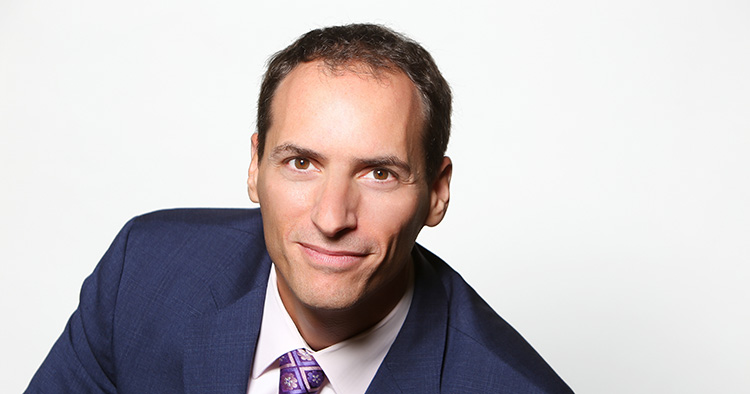Knowledge sharing starts with trust

Ari Kaplan
Ari Kaplan spoke with Hélène Russell, a U.K.-based knowledge management specialist and the founder of The Knowledge Business. She helps law firms with knowledge sharing and learning challenges through her books, training and consulting.
Ari Kaplan: Tell us about your background and the genesis of The Knowledge Business.
Hélène Russell: I used to be a practicing lawyer in the U.K., focused on clinical negligence litigation, and became involved with knowledge management entirely by chance. I was on maternity leave after having my son and the lady who had done some knowledge management on our team wanted to leave, so they offered me her job. It was just one of those light-bulb moments, when I accidentally discovered exactly what I think I ought to have been doing all along. So, I started focusing on knowledge management, dealing with teams of professionals and training them on knowledge sharing. Now, I write textbooks, provide training, engage in interesting online projects and offer consulting services.
Ari Kaplan: What are the benefits of knowledge sharing for law firms?
Hélène Russell: I see law firms as knowledge businesses because they sell solutions to their clients’ problems through their collective experience. And there are things that we can do to help them share that knowledge more efficiently and effectively because lawyers who do so improve their profitability and financial longevity.
Ari Kaplan: Why do some firms succeed in this area while others struggle?
Hélène Russell: First, people don’t trust others to use their knowledge. They worry that they will be blamed if someone misuses their knowledge, but the longer that we study knowledge management, the more we understand that there are some kinds of knowledge that are quite easy to write down, entered into databases and shared. Second, there are certain types of knowledge that are really quite difficult to share, such as hunches you feel about whether your negotiation is going well or the impact of evidence at trial developed through years of experience.
Ari Kaplan: You recently launched a new program to promote virtual online coffee connections. Why is that type of engagement helpful?
Hélène Russell: The virtual online coffee connections is a really simple project that anyone can create within their own business. Every four to six weeks, we connect random professionals in law firms who work in knowledge management and encourage them to have a virtual coffee and a live conversation together as a means of improving the trust within their networks and their businesses. We’ve had two waves of connections so far and the feedback has been very positive. There’s something very special about the nature of conversation.
Ari Kaplan: Do you recommend that your clients adopt this type of program?
Hélène Russell: Well, it’s a very simple, easy project that businesses can implement. It’s also voluntary, which means that those who are most interested tend to get involved. People enjoy sharing knowledge through the medium of conversation. I’ve been involved in a couple of these coffee discussions with knowledge managers from different sectors, and I seem to learn something different each time. In one connection, we might have a lot of things in common in the way that we practice and can share ideas to help each other improve. In another, we might not have a connection in our day-to-day work, but we’re both working parents and our children are the same age, so we can discuss how to create work-life balance.
Ari Kaplan: As the author of several books, you have also created a book club. How do these various projects support a culture of knowledge sharing?
Hélène Russell: The book club is an extension of the online coffee connections. It provides a place where knowledge managers from different sectors, not just legal, can connect four times a year and discuss a book focusing on knowledge management. We discuss how that book impacts and improves their businesses. People sign up and receive a book quarterly, followed by an online discussion. The aim is to help others broaden their experience and engage with peers in knowledge management. Hopefully, by having a conversation around the book, participants will have a chance to get to know each other a bit better and then have more people to talk to when they encounter a tricky knowledge management question.
Ari Kaplan: How do you see knowledge sharing programs evolving in the coming year?
Hélène Russell: Law firms have realized that the knowledge management within their practices is critical and that they need to have more ways of sharing complex experiences. As a result, they will start introducing more innovative projects to foster connections and conversation.
Listen to the complete interview at Reinventing Professionals.
Ari Kaplan regularly interviews leaders in the legal industry and in the broader professional services community to share perspective, highlight transformative change and introduce new technology at his blog and on iTunes.



